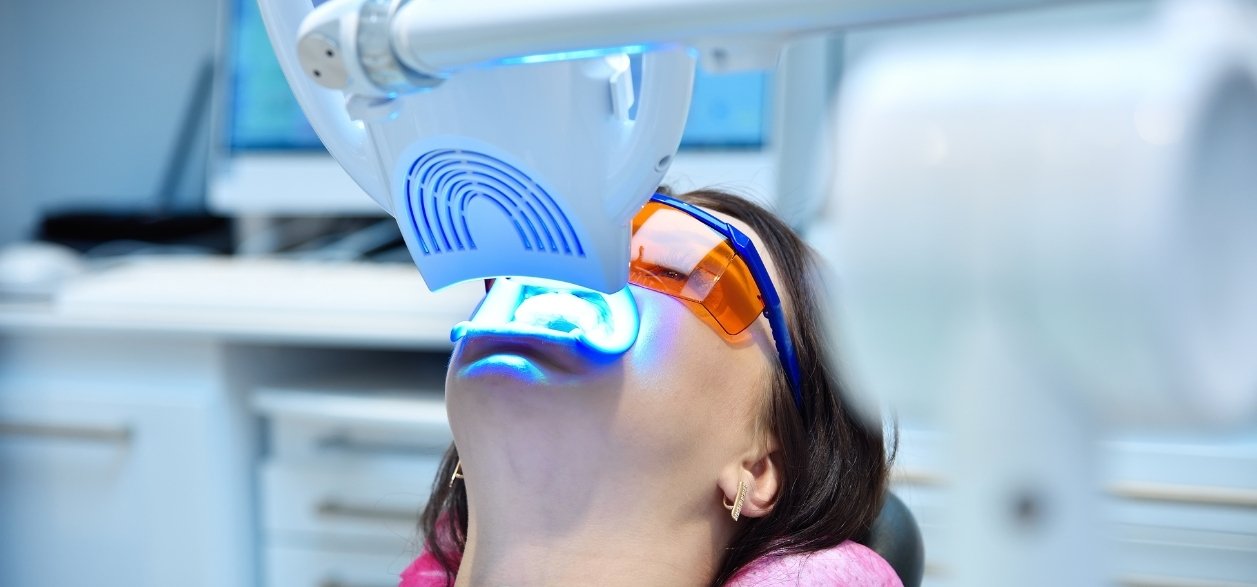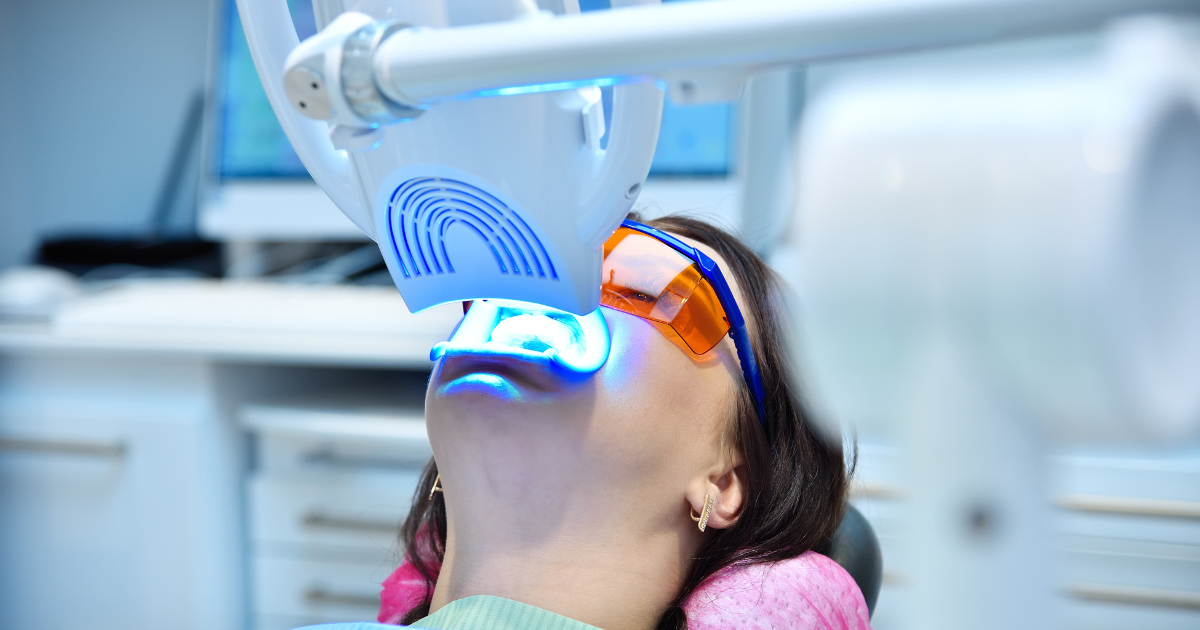Laser Dentistry for Sensitivity Relief: A Game-Changer for Tooth Pain

Tooth sensitivity can be an irritating and painful experience, often triggered by hot or cold foods, beverages, or even brushing. This discomfort can make everyday activities unbearable, especially if it occurs frequently. Many people seek relief from this problem, but traditional treatments may not always provide the long-term solution they desire. Thankfully, advancements in dental technology have led to the development of laser dentistry for sensitivity relief. This innovative treatment can provide a more comfortable and lasting solution, helping to ease discomfort and improve overall oral health.
Laser dentistry for sensitivity relief offers a modern approach to addressing the root causes of tooth pain, targeting specific areas with precision and minimal discomfort. Let’s take a closer look at how this technology works and how it can help you find relief.
How Laser Dentistry Works for Sensitivity Relief?
Laser dentistry uses focused light energy to treat various dental conditions, including tooth sensitivity. During the procedure, the dentist applies a laser to the affected area, typically the root or enamel, to alleviate pain. The laser energy stimulates the nerves in the tooth, which helps reduce sensitivity over time.
Here are a few ways laser treatments can help:
- Seals Exposed Nerves: In cases of tooth sensitivity, the root of the tooth may be exposed due to gum recession. This can make the nerves more susceptible to stimuli like hot or cold. The laser helps seal the tubules in the dentin, reducing the sensation that causes pain.
- Improves Gum Health: Laser dentistry can also treat gum issues, like gum recession, which often contributes to sensitivity. By promoting better gum health, the procedure can reduce the chances of sensitivity becoming a recurring issue.
- Minimizes Tooth Enamel Erosion: Enamel wear can also lead to sensitivity. The laser treatment can stimulate remineralization in the enamel, making it stronger and less prone to damage, which helps prevent sensitivity.
The treatment is precise, targeting only the problem areas while leaving healthy tissue unaffected. This makes laser dentistry an effective and safe option for those suffering from tooth sensitivity.
Benefits of Laser Dentistry for Tooth Sensitivity
When it comes to treating tooth pain and sensitivity, laser dentistry offers several advantages over traditional methods.
These include:
- Minimal Discomfort: Unlike more invasive treatments, laser dentistry is often less painful. The procedure requires little to no anesthesia, and many patients report only mild discomfort during or after the treatment.
- Faster Healing: Laser treatments tend to promote faster healing times compared to other dental procedures. This means that patients can return to their daily routines without prolonged recovery periods.
- Precision and Effectiveness: Lasers provide high accuracy, reducing the need for drilling or other invasive procedures. This precision also leads to more effective treatment, as the laser can target the exact areas that need attention.
- Reduced Risk of Infection: Lasers are highly sterilizing, which lowers the risk of infection. This is especially important for patients with sensitive teeth, as infection can exacerbate their symptoms.
- Long-Lasting Relief: Many people who opt for laser dentistry for sensitivity relief experience longer-lasting results compared to more conventional treatments. By directly addressing the underlying issues, laser treatments can offer a more permanent solution.
Why Consider Laser Dentistry for Sensitivity Relief?
While traditional methods like fluoride treatments and desensitizing toothpaste can provide temporary relief, they may not address the root cause of sensitivity. Laser dentistry, on the other hand, offers a more targeted approach that directly treats the nerves or exposed roots causing the pain. Additionally, for those with anxiety about dental visits, laser procedures can often reduce the need for invasive treatments like drills, making the process much more comfortable.
For individuals who have tried other treatments without success or who suffer from chronic tooth sensitivity, laser dentistry can be a game-changer. It offers a quick, efficient, and highly effective solution that can bring much-needed relief.
How to Prepare for Laser Dentistry Treatment?
Before undergoing laser dentistry for sensitivity relief, your dentist will conduct an evaluation to determine if you’re a suitable candidate for the treatment. Here’s what you can expect:
- Initial Consultation: The dentist will examine your teeth and gums to identify the source of your sensitivity. X-rays may be taken to assess the extent of any underlying issues.
- Treatment Plan: Based on the findings, a customized treatment plan will be developed. This may include a laser procedure along with other recommendations for oral care.
- During the Procedure: The laser treatment typically lasts for about 15 to 30 minutes, depending on the severity of your sensitivity. There’s no need for sedation, but local anesthesia may be used for added comfort.
- Aftercare: Most patients can resume their normal activities immediately following the procedure. However, to ensure maximum effectiveness, it’s a good idea to avoid very hot or cold foods for the first 24 hours. Additionally, maintaining a gentle oral hygiene routine during this time is important to avoid irritation and ensure the best results.
A Brighter, Pain-Free Smile Awaits
Laser dentistry for sensitivity relief is an innovative and effective solution for individuals struggling with tooth pain. By targeting the root causes of sensitivity, laser treatments provide lasting relief while minimizing discomfort and recovery time. If you’ve been searching for a way to alleviate tooth sensitivity and improve your oral health, this treatment could be the answer you’ve been looking for. Talk to your dentist to learn more about how laser dentistry can help you achieve a pain-free smile.



